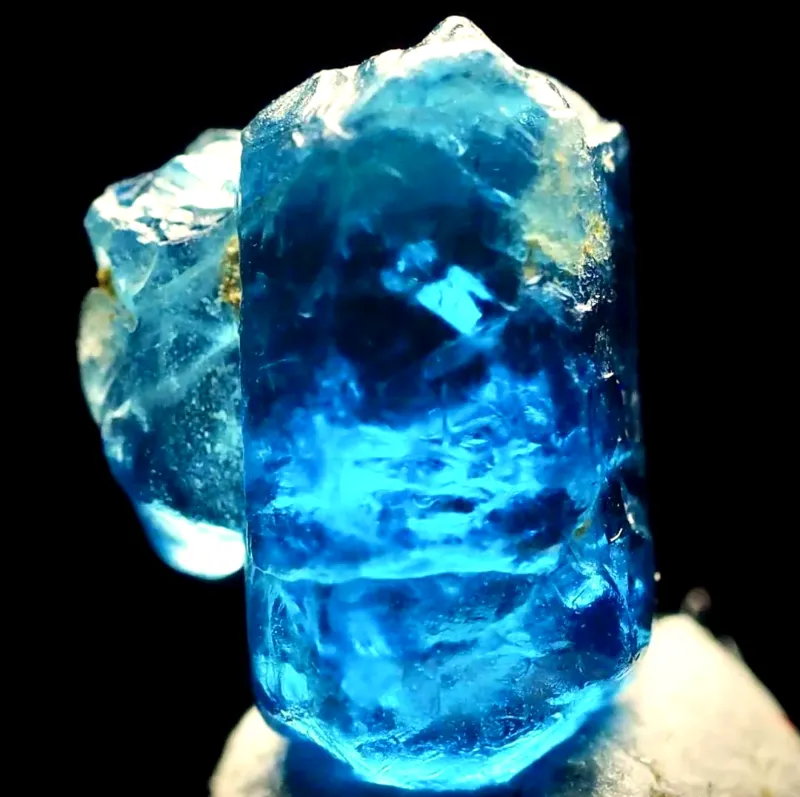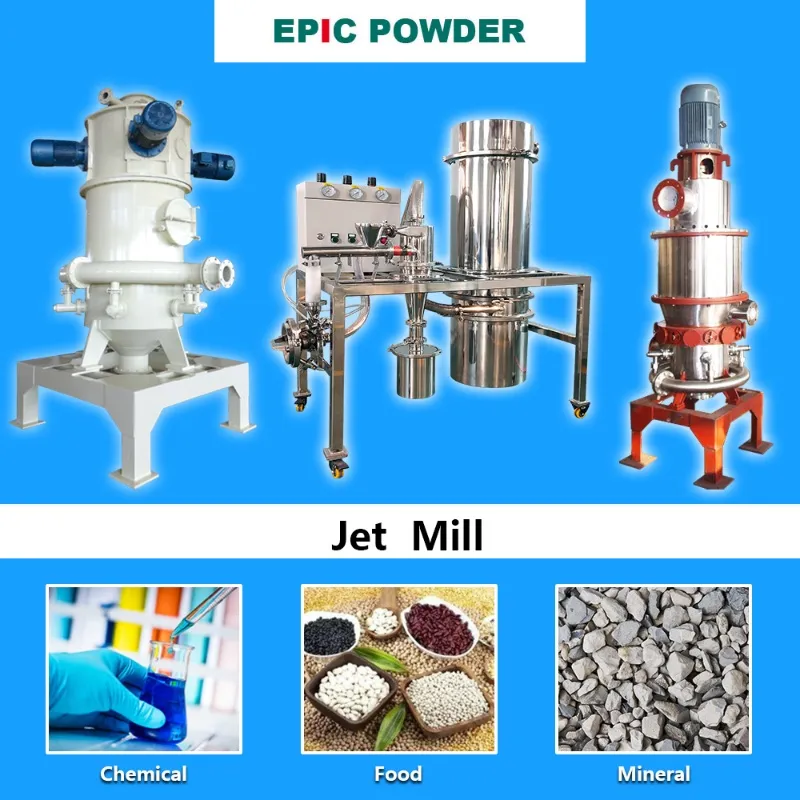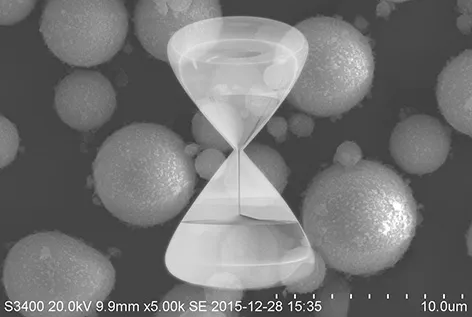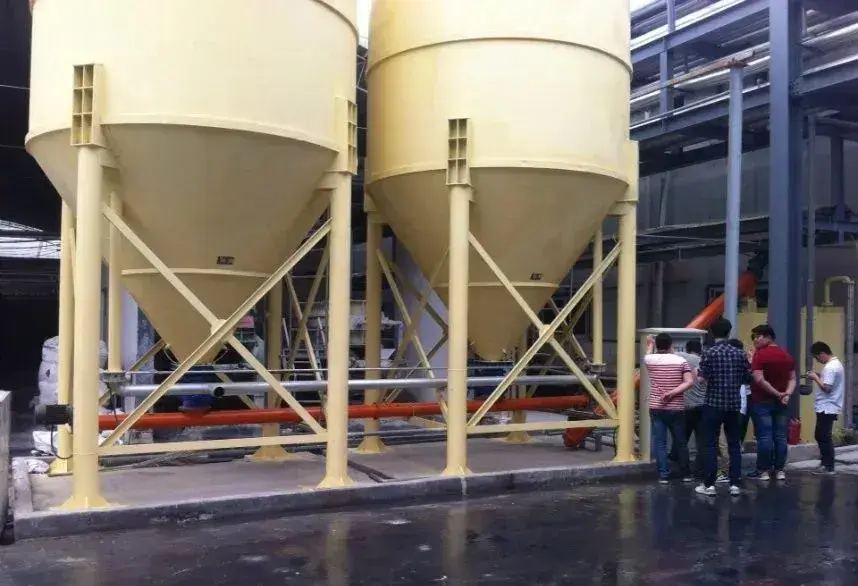Phosphate rock is a key raw material for the production of phosphate fertilizers, yellow phosphorus, and fine phosphorus chemical products. Its processing fineness directly impacts the efficiency of downstream industries. Traditional ball mills face problems such as high energy consumption (electricity accounts for 45%) and poor particle classification (D97 > 45μm). However, the jet mill for phosphate rock, utilizing its unique fluidized bed grinding principle, can effectively crush phosphate rock to ultra-fine powders with D50 < 5μm, meeting the precise requirements of advanced applications such as lithium iron phosphate cathode materials.

Working Principle of the Jet Mill System
Grinding Mechanism:
Compressed air (0.7-1.2MPa) is used to generate supersonic airflow through Laval nozzles, causing phosphate rock particles to undergo:
- Particle-to-particle collision grinding (60% energy utilization)
- Target plate impact crushing (suitable for apatite with a Mohs hardness of 5)
- Turbine classifier real-time separation (accuracy ±1μm)
Key Parameter Comparison:
| Parameter | Traditional Ball Mill | Jet Mill |
| Energy consumption (kWh/t) | 85 | 32 |
| Particle size range | 10-200μm | 1-30μm |
| Iron impurity introduction | 500ppm | <50ppm |
Advantages of Jet Mill for Phosphate Rock Grinding

Low-Temperature Grinding: The jet mill, under nitrogen protection, can control the grinding temperature below 45°C. This prevents fluoride volatilization from phosphate rock (conventional ball milling temperatures can reach 120°C) and increases P₂O₅ retention by 12%.
Precise Particle Size Control: By adjusting the classifying wheel speed (1800-6500 rpm), a continuously adjustable particle size (D50 = 2-45 μm) can be achieved. This meets the needs of various application scenarios.
Sphericalized Particles: The high-speed airflow impacts the material, forming nearly spherical particles. Compared to the angular powder produced by mechanical grinding, the fluidity is improved by 40%, facilitating subsequent granulation processing.
Avoiding Excessive Wear: Traditional ball mills and other equipment may cause excessive wear during the grinding process. The jet mill utilizes airflow classification technology to effectively avoid this problem and reduce material loss.
Environmental Benefits: The jet mill is equipped with a highly efficient dust removal system. This effectively reduces dust pollution and meets modern environmental standards.
Core Applications of Ultra-fine Phosphate Powder
Slow-release fertilizer: 3-8μm ultrafine phosphorus powder, used as a fertilizer coating, extends the nitrogen and phosphorus release cycle to 90-120 days (compared to approximately 30 days for conventional fertilizers).
Flame retardant material: 1250-mesh phosphorus powder combined with aluminum hydroxide can increase the oxygen index of polypropylene to 32%.
Battery cathode precursor: Acid-washed and purified ferrophosphorus powder with a D99 value of <5μm reduces the sintering temperature by 50°C for lithium iron phosphate production.
Epic Powder
Taking the Epic Powder MOQ60 jet mill as an example, it features a “classifier wheel + cyclone dust collection” two-stage collection system, improving the collection rate of ultra-fine powders below 3μm from 65% to 92%. The equipment is equipped with an intelligent pressure differential control system, which automatically adjusts the nozzle’s incident angle to maintain stable output when the Mohs hardness of the phosphate rock fluctuates (3.5-5).
As technology continues to advance, the jet mill technology is constantly innovating and improving. New jet mill equipment offers higher grinding efficiency, more precise particle size control, and broader adaptability, meeting the varying demands of phosphate rock processing. At the same time, by integrating intelligent technology, jet mill operation and management become more convenient, further enhancing production efficiency and product quality.

